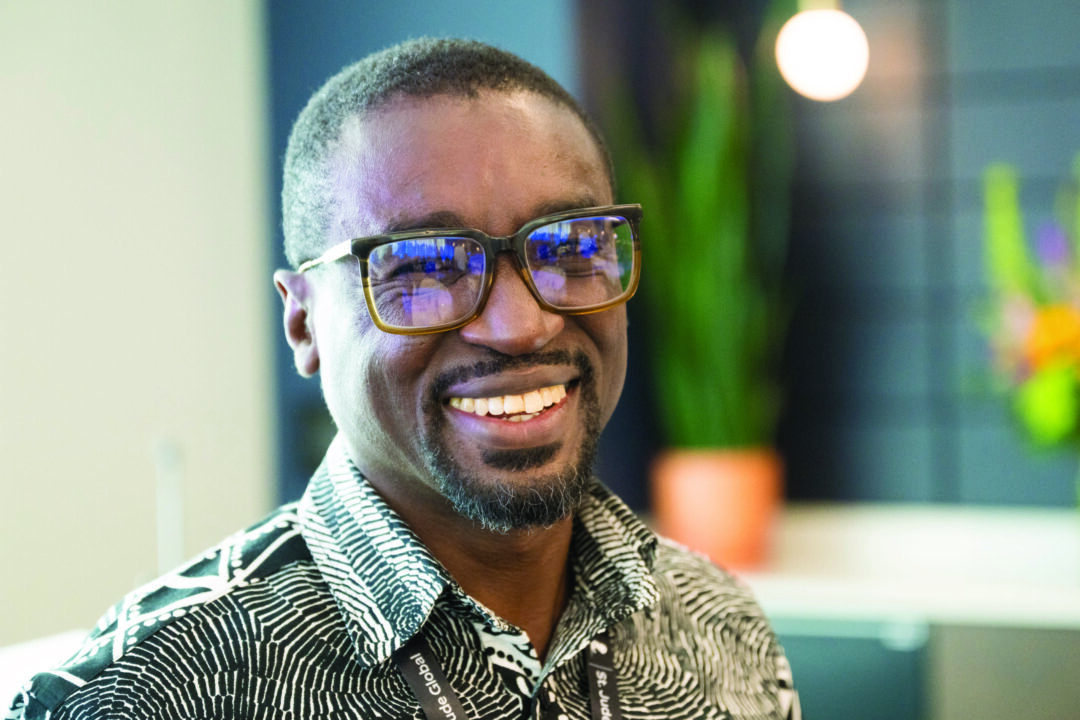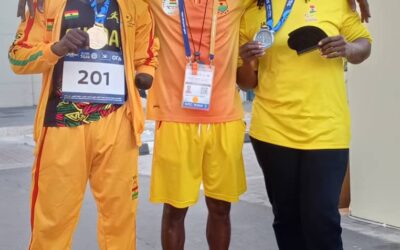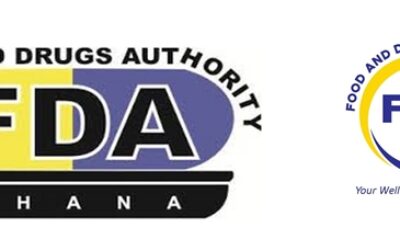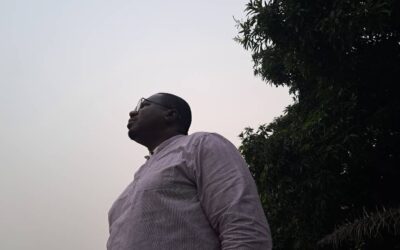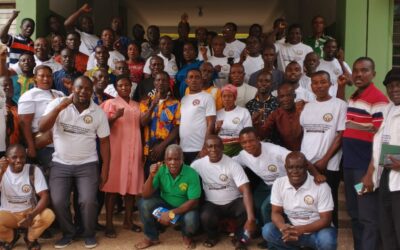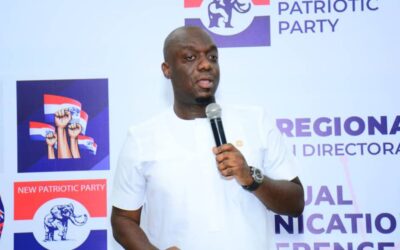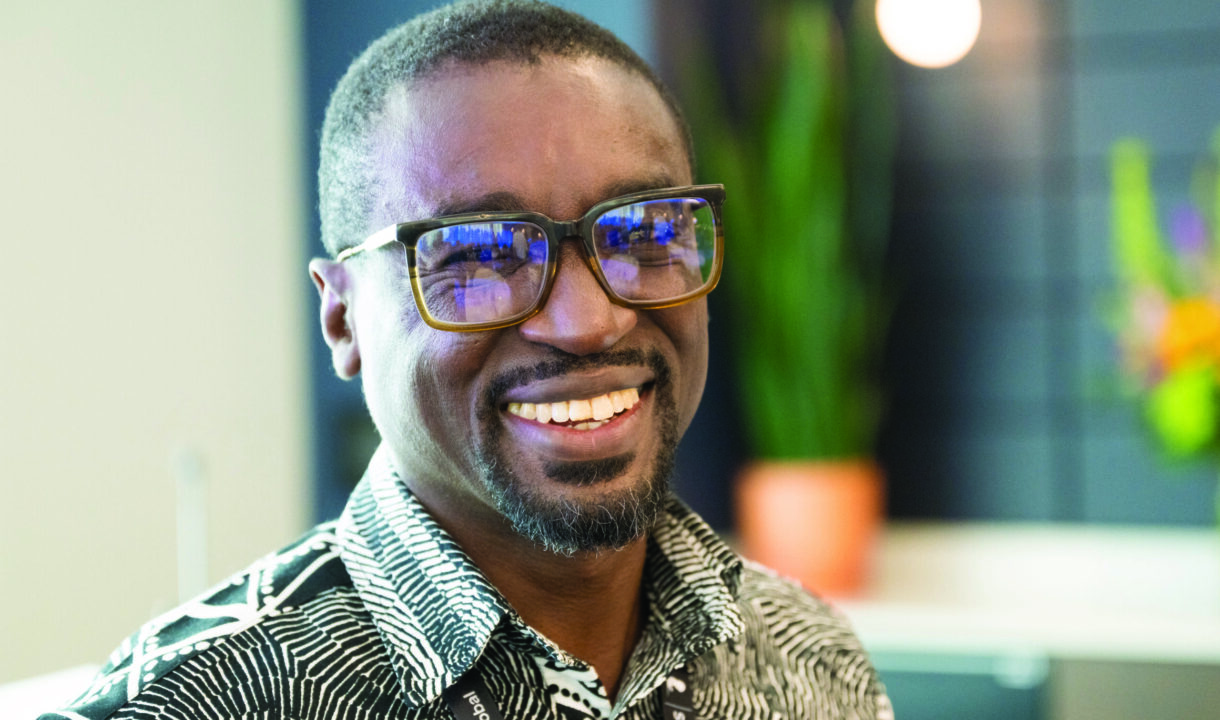“I do not think about that. It doesn’t matter anymore…I am going to die anyway. The truth is, I am tired of taking medicines. The more tests and scans they (doctors) do on me, the more they discover other problems…”
Amina (not her real name) is a 25-year-old College student who has a severe form of sickle cell disease, a common inherited abnormality of red blood cells among people of African descent. Amina’s type of sickle cell is called “SS” disease or sickle cell anaemia.
This devastating blood disorder affectsnearly 3 out of 100 newborns in Ghana and causes life-threatening complications such as excruciating, usually unprovoked, bone pain, anemia, infections, strokes, and more.
Amina has experienced many of these complications: a stroke, life-threatening lung stiffness, heart problems, and recently, permanent softening of her hip bones leading to chronic pain affecting her ability to walk correctly.


In assessing her psychological well-being in our last consultation, she shared the above response. Amina is not alone. An estimated 1000 babies are born with sickle cell disease daily; 3 quarters of them in sub-Saharan Africa, where there is little access to interventions that provide life-long relief from the complications of the disease. They live in constant physical and mental pain.
Among these ‘new’ interventions in the last couple of decades are medicines such as hydroxyurea, which prevent some of these debilitating complications when taken regularly and at the proper doses.

Hydroxyurea or HU is an old cancer treatment medicine that is cheap, taken by mouth, and ‘fixes’ the abnormally sickle red blood cells, making patients feel much less pain and anemic.

Then there is the new kid on the block, gene therapy, that cures it! Yes, you read right, a cure for sickle cell is available, but only if one can come up with justa couple of million United States Dollars!Quite understandably, many families affected by SCD have advocated for efforts to get a “cure” in Ghana.
So, should Ghana spend its efforts in making Amina’s life better by chasing the cure or investing in HU?And why am I appearing to deny Amina a “cure” to end her suffering?
While the ideal is to ensure universal cure for all sickle cell disease warriors, it is most likelya long-term goal built on carefully designed infrastructure, trained human resources, and well-established practices. This requires time and specialized effort in addition to ensuring sustainable access to funding. Currently, a cure through gene therapy is financially and technically inaccessible.
However, hydroxyurea is a simple, cost-effective, and safe treatment for sickle cell disease that reduces pain episodes, hospitalization, and other life-threatening complications in Africa. Butit is not universally accessible to patients in Ghana.
We need effective treatments for sickle cell disease in Ghana. We must bring a cure to our sickle cell warriors, but do so sustainably. While we wait to get it right and cost-effective, hydroxyurea therapy is as good as the cure and a low-hanging fruit to pluck
Wondering how Amina is doing? I met her about 4 years ago. She bravely battled her way through a mine field of sickle cell related complications and broken heart. A couple of months ago I received a message that she had been hospitalised, again, in coma at the intensive care unit. She never woke up from her coma. I never got to say good-bye.
Rest in peace my teacher and friend, “Amina”.
Author is Lawrence Osei-Tutu, a Sickle Cell and Childhood Cancer Expert and a Siano
Email: drlawrenceoseitutu@gmail.com; Telephone: 0244642964


